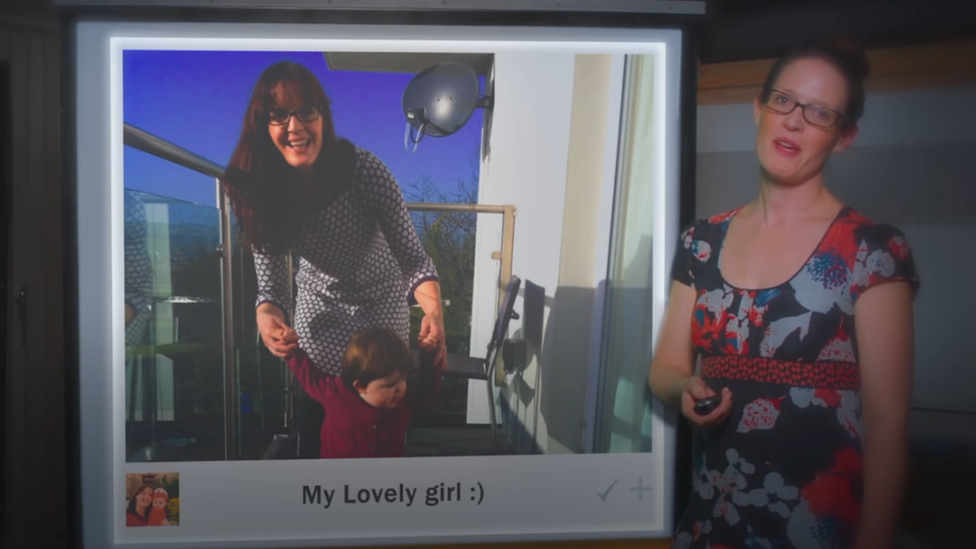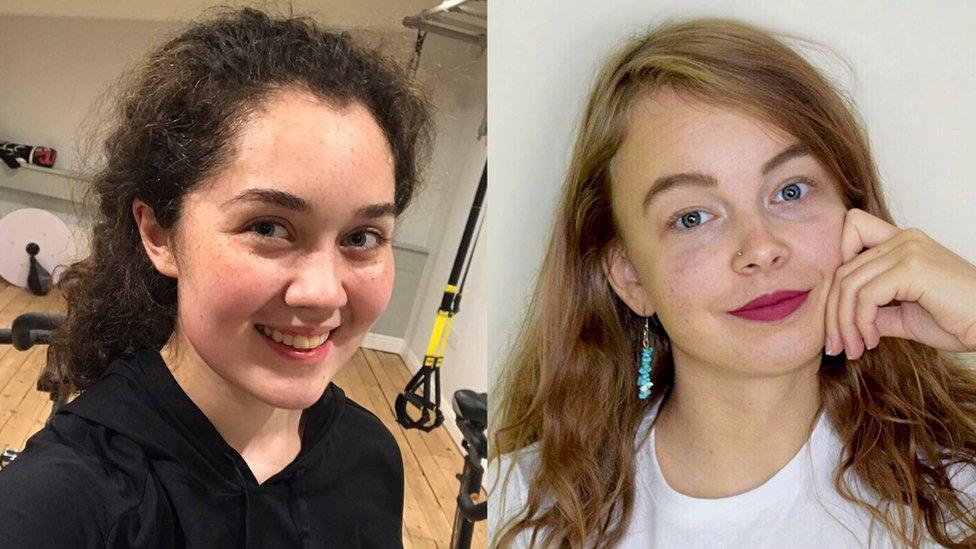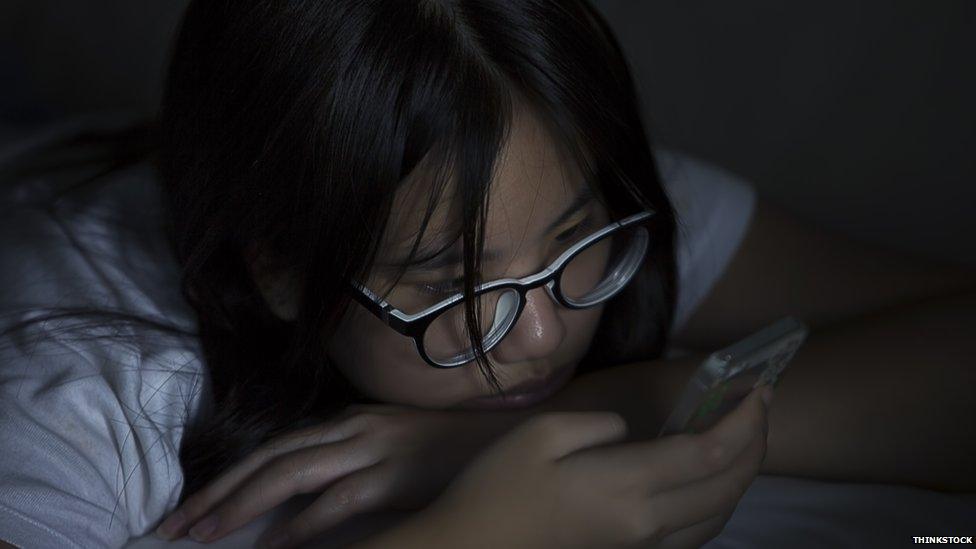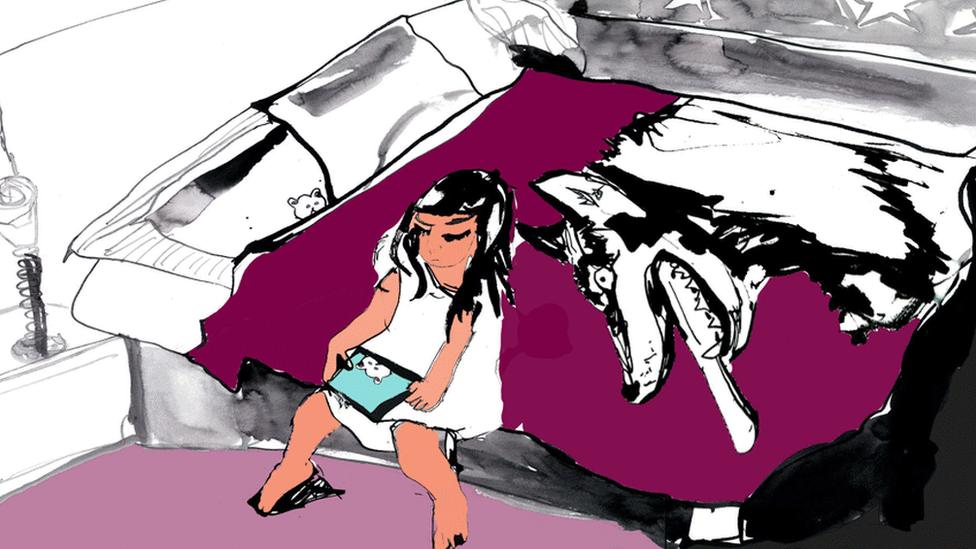Using Facebook 'made my anxiety and panic attacks worse'
- Published
'It's a presentation of people's lives - not reality'
A year ago, Paul Allen was logging on to Facebook, scrolling through posts several times a day, like most UK social media users.
But he said the "airbrushed version of life" began to make his anxiety and panic attacks worse.
Instead of quitting social media, he made a film showing that people are not what they seem to be online.
Mind Cymru said it was "vital to use social media safely" as it can lead to low self-esteem.
For the 39-year-old, Facebook was like eating "fast food" because it left him "feeling rubbish" without knowing why.
The digital media producer at Cardiff University said "addictive" Facebook left him feeling low and vulnerable every day.
"This barrage of good news stories is harder to put into context if you are more vulnerable," he said.
"The reality is a lot of people are struggling too."
Now Mr Allen has changed how he uses Facebook to protect his mental health and wants others with conditions like his to be aware too.
His short film "All My Happy Friends", shot around Cardiff, has racked up 33,000 views.
It shows how social media can "warp perception" of people.

"All My Happy Friends" shows the self-promotional side of social media
Facebook, which has 1.49 billion daily active users according to September 2018 figures, has acknowledged that social media can be bad for users' mental health.
Using the site by "passively consuming information" can leave people "feeling worse" but "interacting with people you care about" is beneficial, according to their blog in 2017.
But Mr Allen said he was an interactive user.
"I was scrolling through and posting pictures of my own life which didn't have a massive connection to me and feeling not very great, looking at those photos," he said.
Mind Cymru's Simon Jones said social media can be good for people's mental health, but it also came with "some risks".
"It can play a useful role in our wider support networks and help people feel less isolated," he added.
"But in today's age of continual access to the internet, it's common for us to be in contact with lots of people, lots of the time."
Mr Jones added that people often compared themselves without the "whole picture", which can lead to low self esteem.
He said: "Low self-esteem could in turn contribute to depression or other mental health problems so it is vital to use social media safely.
"If you feel like you are experiencing problems with your mental health we recommend you speak to someone, whether it be a friend, a family member or your GP."
- Published9 January 2017

- Published13 November 2018

- Published11 September 2015

- Published10 February 2018
